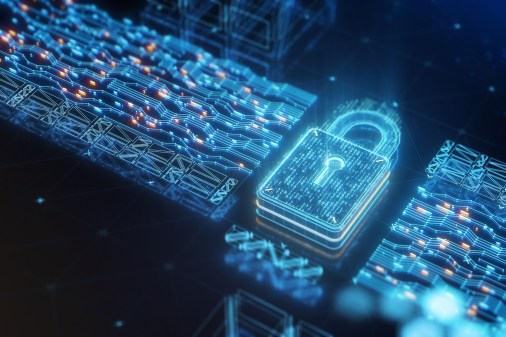Pentagon leaders push for emerging technology R&D increase in 2021

The Pentagon’s top leaders are campaigning to increase the military’s “foundation” of emerging technology research and development in the fiscal 2021 budget
Bolstering R&D funding for technologies like artificial intelligence, 5G, data integration for Joint All Domain Command and Control (JADC2) and hypersonic weapons will ensure the U.S. keeps pace with new changes in the “character” of warfare, Secretary of Defense Mark Esper told the House Armed Services Committee on Wednesday.
The Pentagon’s 2021 budget request proposes $841 million overall for AI research and development, or about 8 percent over current-year funding of $780 million.
Because of the rapid changes in technology in recent years, “we are in the biggest shift of the character of war,” Gen. Mark Milley, chairman of the Joint Chiefs of Staff, told the committee.
AI has been a regular theme in Esper’s appearances before Congress lately, but he mostly focuses on the military’s artificial intelligence R&D and its application in warfare. Rep. Jim Banks, R-Ind., told Esper he wants to make sure the Pentagon is focused on acquiring the technology externally as well. Banks pushed for acquisition reforms that would improve DOD’s work with small startups developing AI.
“It’s a balance,” Banks said of the need to increase R&D funding while reforming acquisition.
Former DOD technology officials recently echoed this comment, testifying the DOD should buy more AI from the private sector rather than just develop its own.
Chairman Adam Smith, D-Wash., emphasized the Pentagon’s need to be quicker in acquiring modern technologies. ” In an era of incredibly rapid change and the need to upgrade your technology, the slow bureaucratic process is in the Pentagon is an impediment. We’ve tried to find ways to clean that up.”
Esper said he hopes to visit the Defense Innovation Unit in the coming months to support the rapid acquisition of innovative technologies.
Comments on JEDI, supply chain security
A step below advanced emerging technologies, things like data management and cloud migration are also still top priorities for the Pentagon and the military services. But the department’s Joint Enterprise Defense Infrastructure (JEDI) cloud contract continues to be stalled by ongoing legal protests — a point that Rep. Smith raised as a concern for the department.
He called cloud “crucial” to the military’s efforts to defend the nation but expressed dismay for how the JEDI contract has developed into something “petty and personal” — referring to the belief that President Donald Trump inserted himself into the procurement to hurt Amazon’s chances of winning the contract, as the company alleges in its protest of the acquisition.
“I hope people understand we should not let the personal preference of the president to get in the way of good policy,” said Smith, who clarified that he doesn’t “care who gets the contract, to be perfectly honest. I just want the process to move forward.”
“If [Trump] has something he wants to decide on a pure policy standpoint, that’s fine, but if it’s petty and personal, it’s not worth what it does to the Department of Defense,” Smith said of the allegations.
Wednesday’s hearing also touched on the hot topic of supply chain cybersecurity. Esper said that the department needs to do more to assist distant parts of DOD’s supply chain — the smaller companies that don’t always work directly with the Pentagon. The department has said third- and fourth-tier suppliers are a critical cybersecurity weakness — one that has been exploited by adversaries and nation-states.
These weaknesses and subsequent data breaches led to DOD’s development of the Cybersecurity Maturity Model Certification (CMMC) to ensure the industrial base is more secure. CMMC will make it a basic requirement for all parts of the DOD supply chain to be certified by third-party assessors or risk losing their business with the Pentagon.
Esper did not mention CMMC specifically but said that the department has to do a “whole lot better job” in helping suppliers secure their networks.






